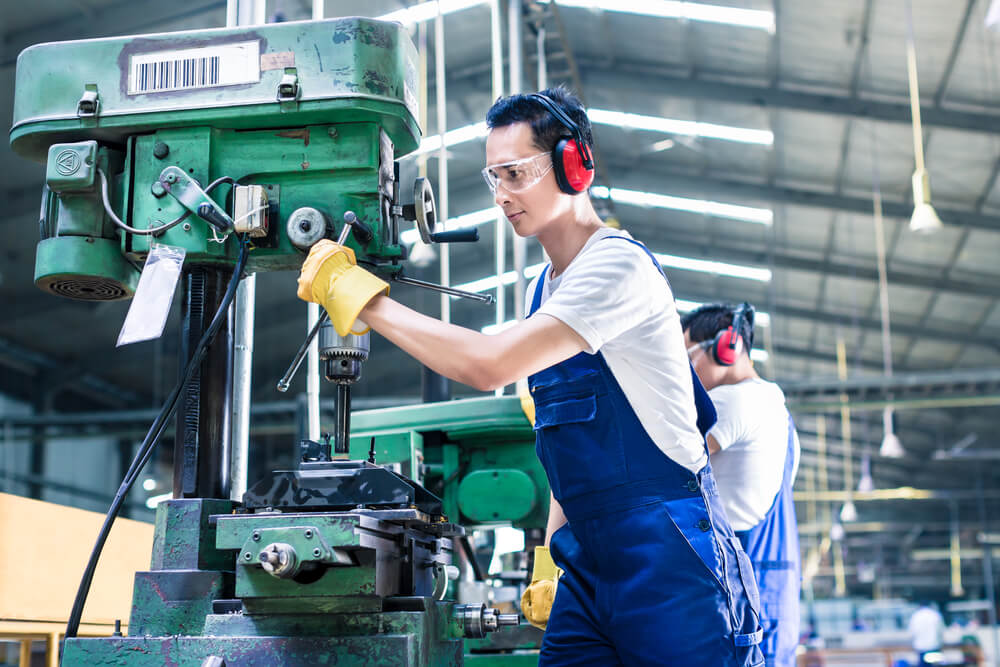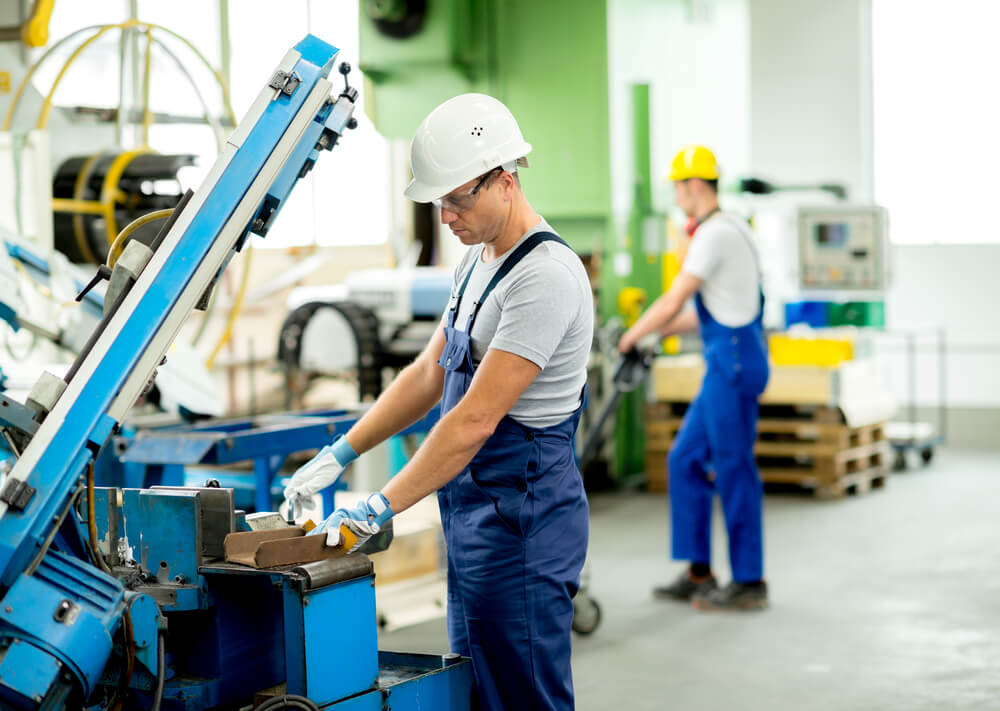Week 41 in Manufacturing News
Lessons Learned from Applying AI; US manufacturing is in trouble. That could spread to the rest of the economy; UK economy to avoid Brexit recession despite shrinking in August – business live.
CNN: US manufacturing is in trouble. That could spread to the rest of the economy.
Recession fears were reinforced on Thursday after the Institute for Supply Management said its non-manufacturing index dropped to 52.6 last month, down from 56.4 in August. This barometer of growth among service providers such as banks, restaurants and hotels is now at the lowest level since August 2016.
Source: CNN Business.
UK economy to avoid Brexit recession despite shrinking in August – business live
The latest UK GDP report shows that the economy will probably avoid sliding into recession this autumn
- Breaking: GDP fell 0.1% in August…
- …but 0.3% quarterly growth means recession looks unlikely
- Film and TV work boosted growth
- Introduction: UK growth report for August
- US-China trade talks resume today
Life feed: The Guardian.
Three technologies helping to create intelligent enterprises of the future
- Digital twin technology – a virtual replica of a physical device, with a bridge capable of exchanging data and information between the two.
- Customised mobile applications – customized manufacturing apps make their way onto the production floor.
- Hololens technology – Hololens headsets blend digital imagery with the real world to help frontline workers learn new skills or carry out their existing work more accurately and effectively.
Source: The Manufacturer.
Lessons Learned from Applying AI: Johnson Controls, Kaman, Stanley and More
At a National Academy of Sciences workshop, speakers shared successes and took a hard look at the challenges ahead.
- More research is needed to ensure explainability and trust
- To create a skilled workforce, government should reallocate education and training funds.
- Major advances in hardware are required.
- AI depends on continued growth in connectivity and ancillary technologies and associated policies (e.g., cybersecurity).
- Innovation will increasingly require collaboration between industry, the government, and academia.
Source: IndustryWeek.


